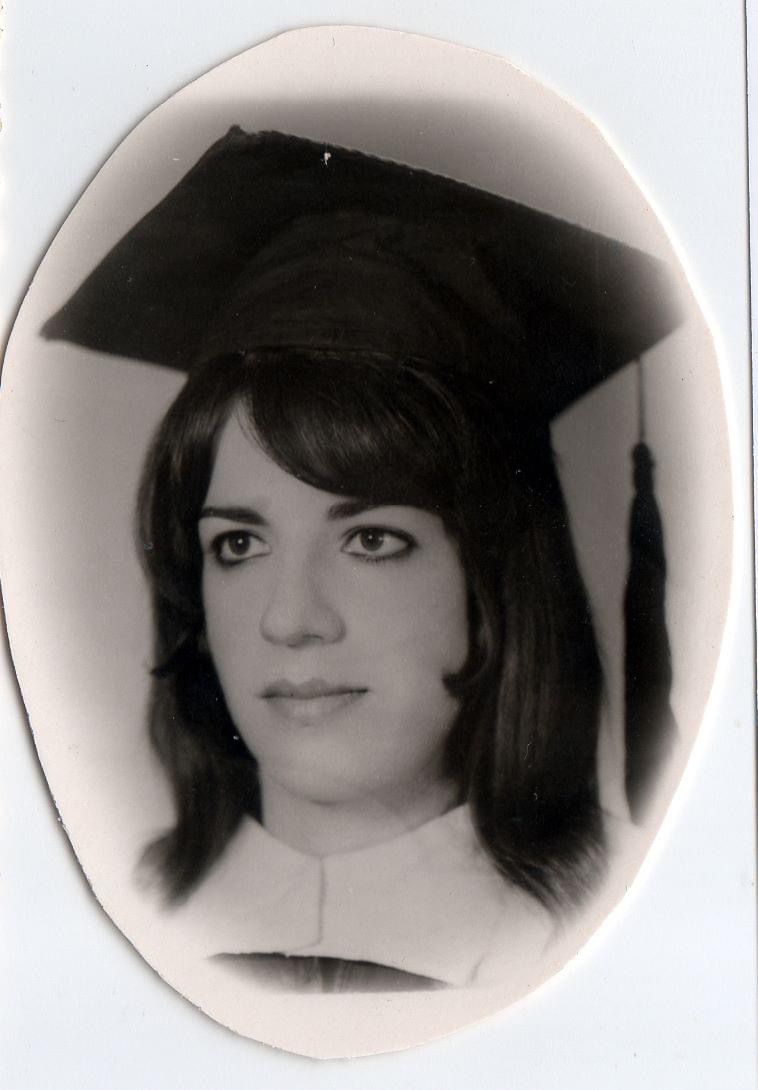Badia Dartash stands out as a prominent figure in the arts of Kurdistan, recognized for her pioneering contributions to theater and drama. Born in 1946 in the Malakandi neighborhood of Sulaymaniyah, Dartash completed her education in the same city before pursuing her passion for the arts.
In 1968, she enrolled in the theater department at the Academy of Fine Arts in Baghdad, earning her Bachelor’s degree in theater arts four years later. Dartash began her professional career in 1972 as an art teacher at Sulaymaniyah Girls’ Secondary School, where she dedicated eight years to shaping young minds.
In 1980, she co-founded the Sulaymaniyah Institute of Fine Arts and served as the head of the theater department for 14 years. Following this, she continued her artistic endeavors as an art supervisor and expert at the Ministry of Education. Over her distinguished career, Dartash has dedicated herself to advancing Kurdish art, engaging in various roles as an actor, playwright, translator, and director.
Dartash has participated in approximately 70 theater performances, often in leading roles, and has also acted in several Kurdish television dramas. She translated six plays into Kurdish and has authored numerous research papers on theater. Her voice has resonated through 65 radio dramas broadcast from both Baghdad and Sulaymaniyah. Committed to nurturing future generations, she has directed five plays for kindergartens.
Her artistic journey has taken her beyond Kurdistan, with notable contributions in Sweden, Tehran, and Saqqez, earning her several accolades along the way. Dartash draws inspiration from both international writers like Chekhov and Kurdish authors such as Sherzad Hasan and Katan Khademi.
After more than five decades of dedication to theater, Badia Dartash remains an influential figure in Kurdish art. Although she has retired from official positions, her passion for theater continues to thrive. In recognition of her significant contributions, she has received multiple awards, and a statue in her honor stands in Freedom Park, Sulaymaniyah. In 2005, the Ministry of Education bestowed upon her the title of “First Lady of Kurdish Theater,” cementing her role as a trailblazer for women in the arts.

